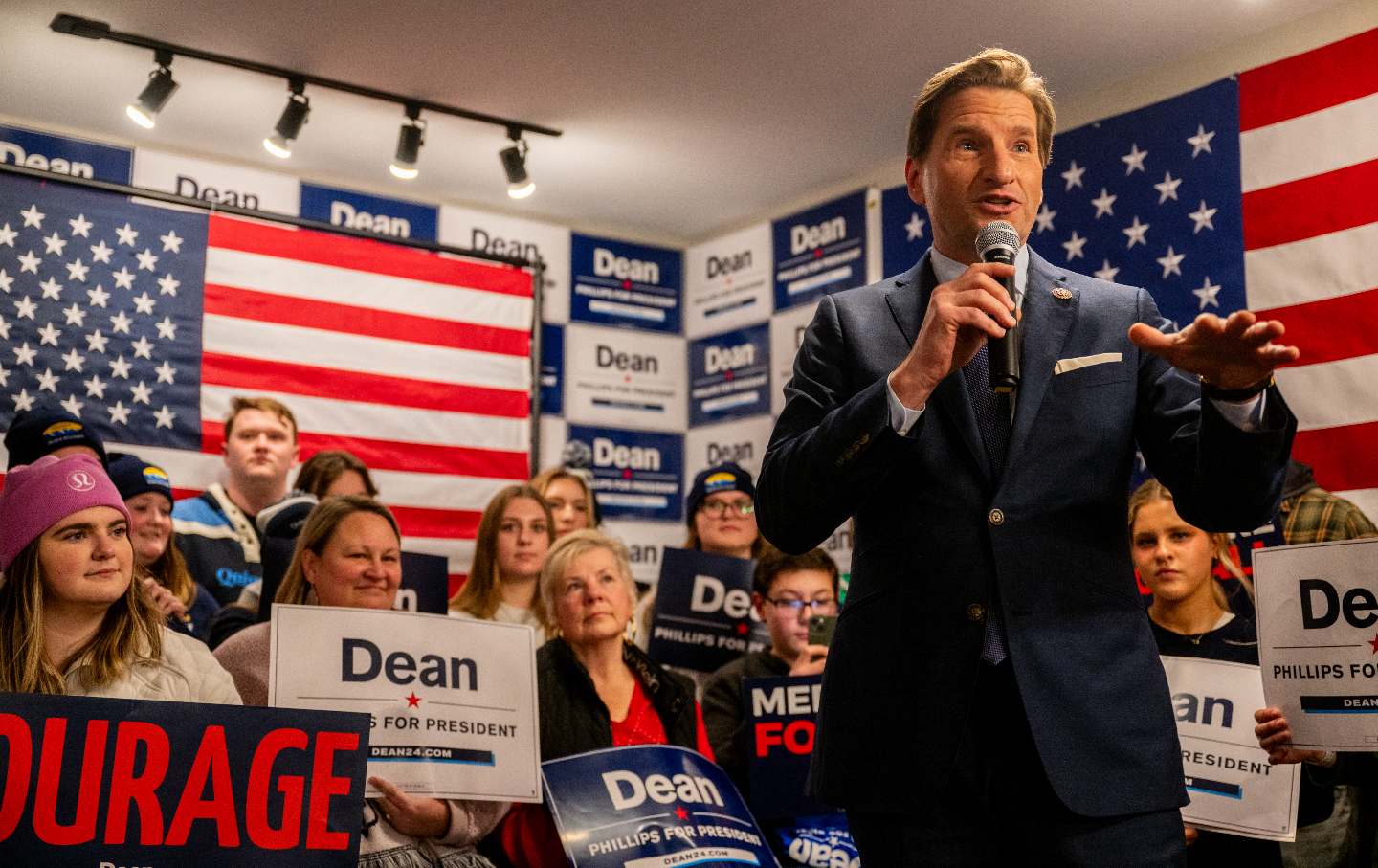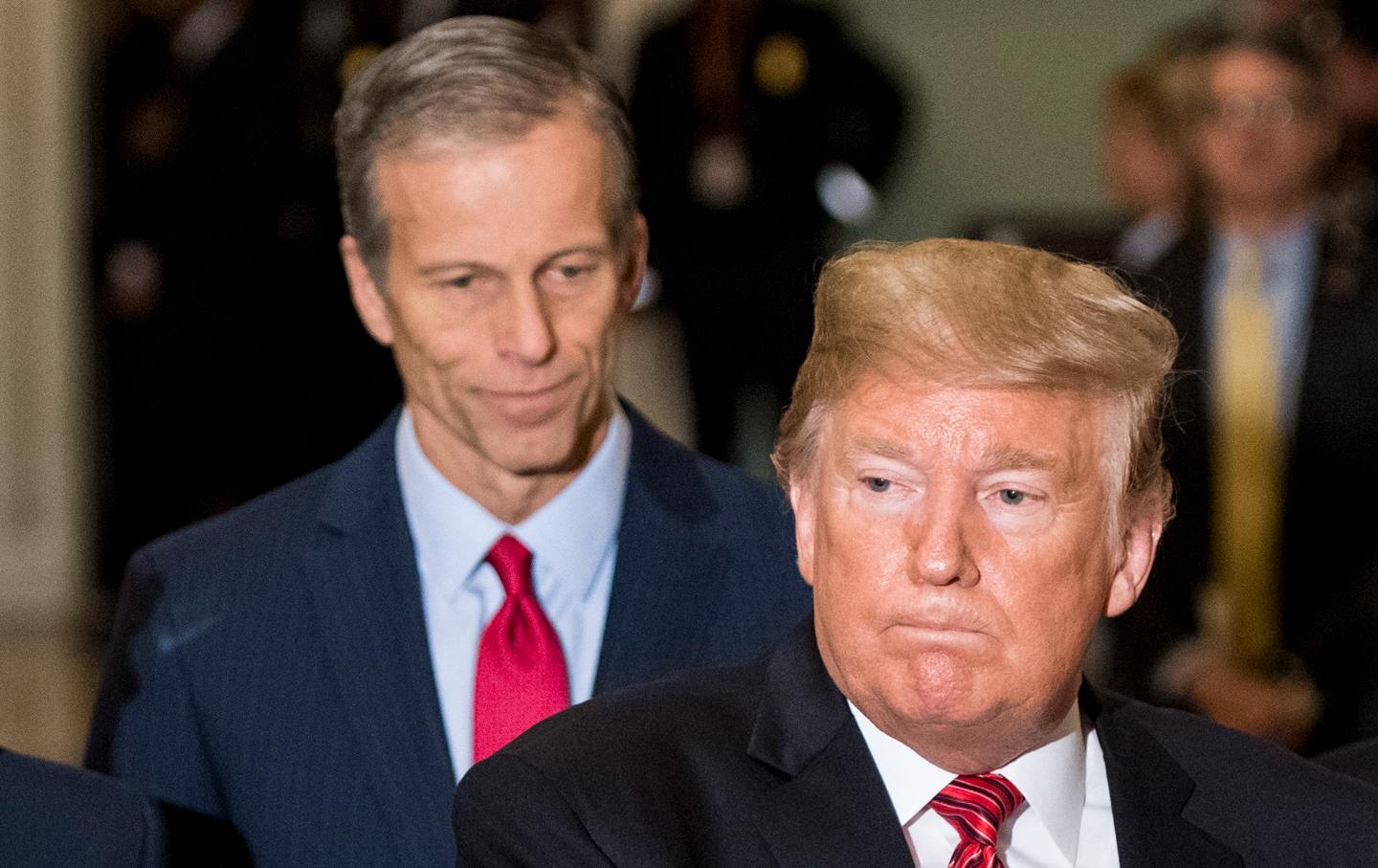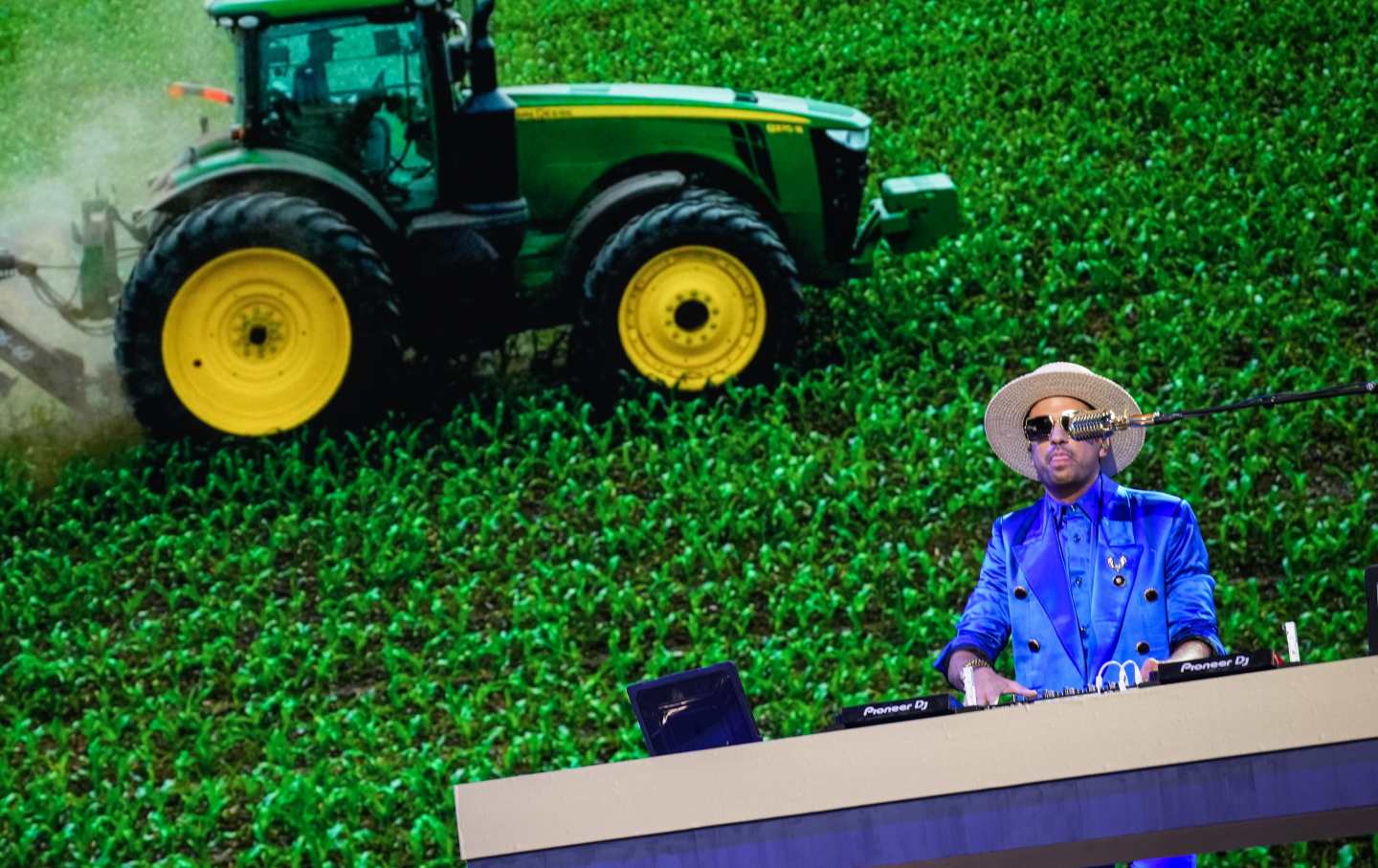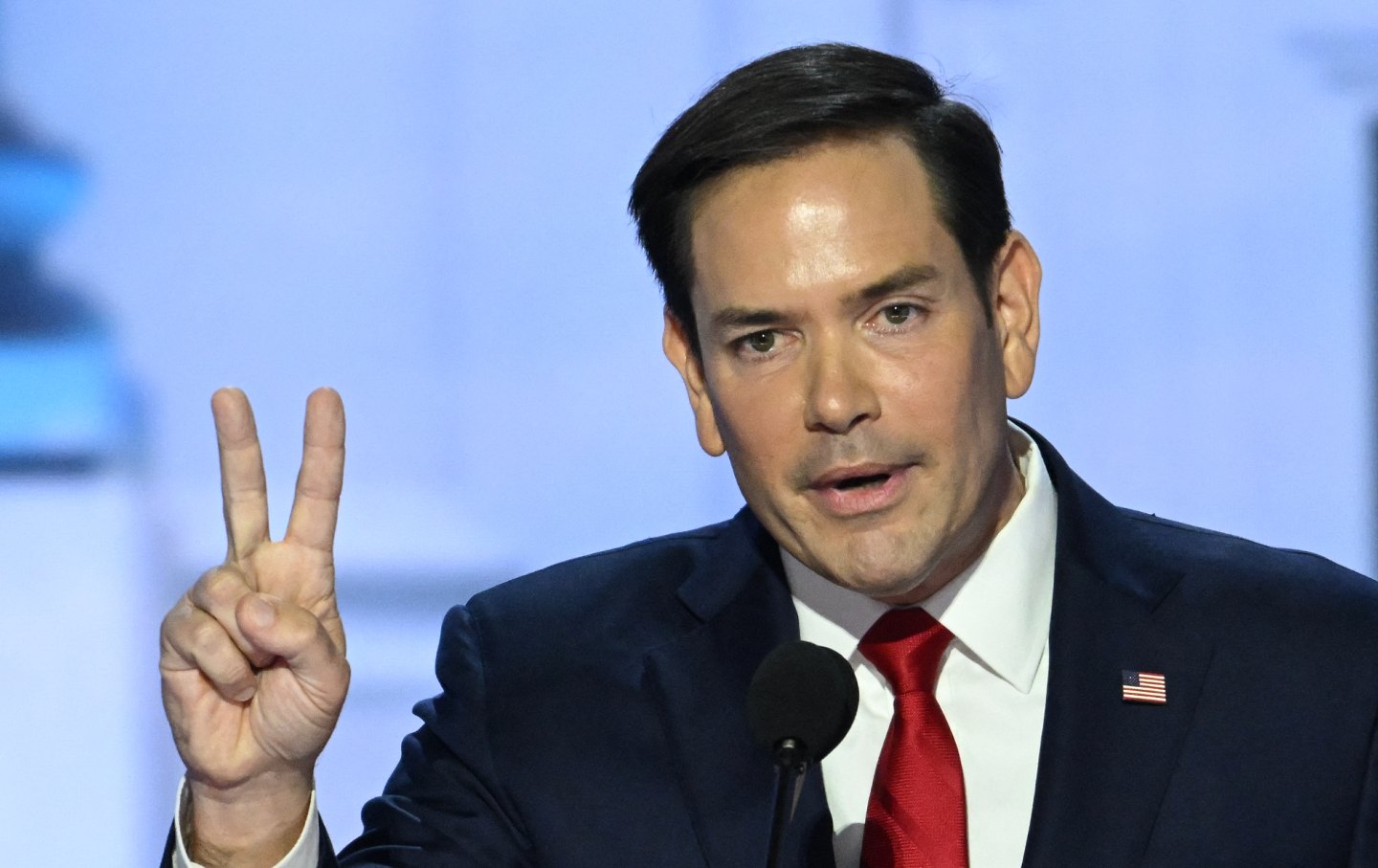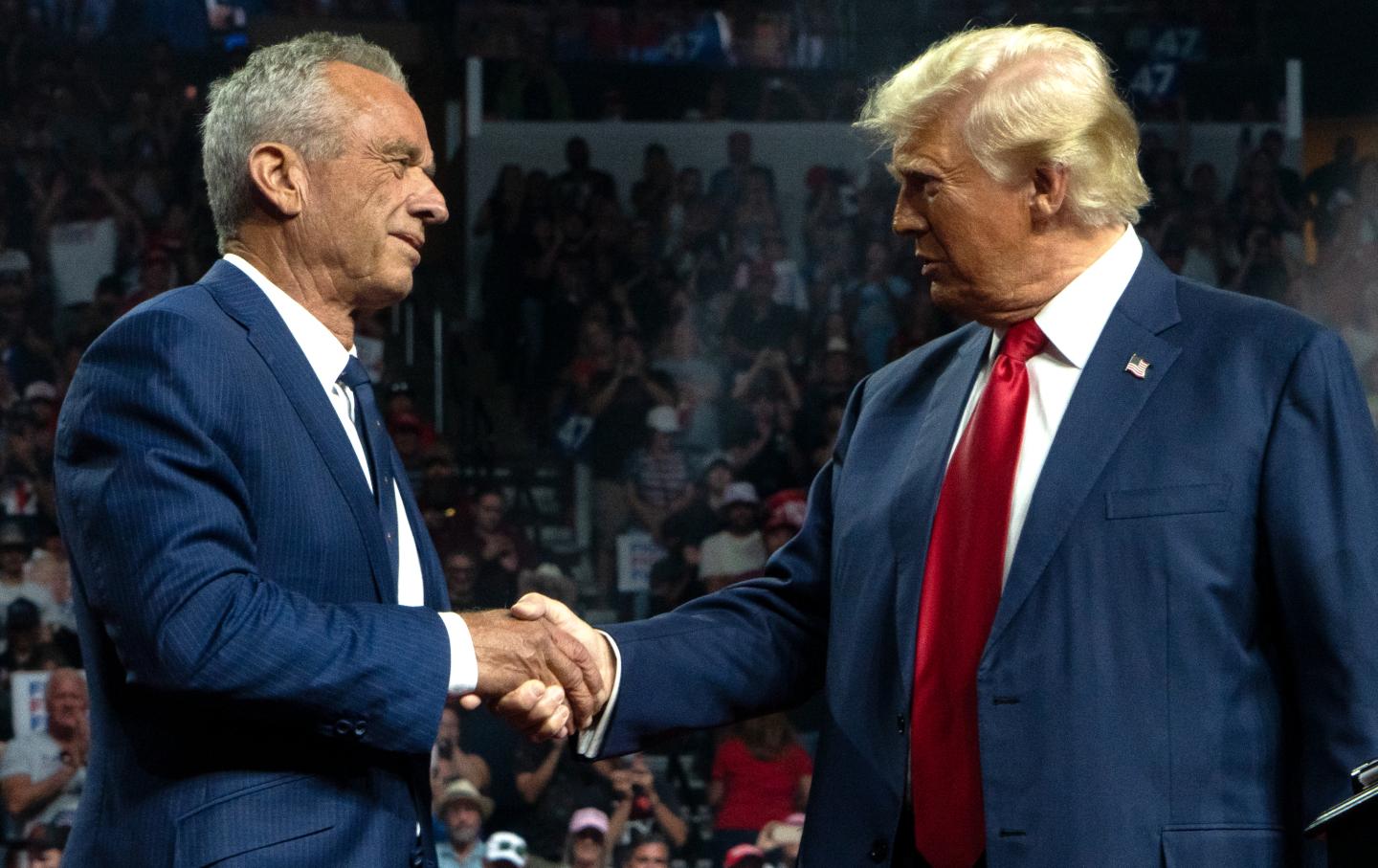Pentru mama lui Laken Riley, suferința de a pierde un copil într-un atac înfiorător este amplificată de oroarea de a auzi detalii despre ultimele minute din viața fiicei sale.
Dar o căutare necruțătoare a justiției a adus-o pe Allyson Phillips în primul rând al băncuțelor reci și sterpe ale unei săli de judecată din Georgia în fiecare zi în procesul de crimă al suspectului Jose Ibarra.
Acuzarea a încetat marți, iar apărarea va relua chemarea martorilor miercuri. Cazul ar putea ajunge la judecător pentru o decizie mai târziu în cursul zilei.
Phillips, soțul ei John și tatăl lui Riley, Jason Riley, au trecut prin ore întregi de mărturii și dovezi dureroase.
Suspectul, un migrant fără acte din Venezuela, a arătat puțină emoție pe tot parcursul procesului. La câțiva metri distanță, mama lui Riley a plâns deschis de multe ori – inclusiv atunci când un ofițer a mărturisit despre apelurile pierdute între Riley și mama ei în dimineața în care a murit Riley.
Acestea sunt unele dintre cele mai intense dezvăluiri din proces de până acum:
Videoclipul de supraveghere surprinde ultima alergare a lui Riley
Riley, un fost alergător de fond, a fost văzut pentru ultima oară făcând jogging în viață lângă parcul forestier Oconee al Universității din Georgia în dimineața zilei de 22 februarie.
Ea a fost studentă la UGA până în primăvara anului 2023, înainte de a trece la Colegiul de Nursing al Universității Augusta din același oraș din Atena.
Videoclipul de supraveghere UGA o arată pe Riley făcând jogging cu telefonul în mâna stângă – un dispozitiv care ar juca un rol cheie în proces.
Phillips a plâns în hohote în timp ce urmărea filmările cu fiica ei în ziua în care a murit.
La câteva ore după ce Riley a plecat la fugă, filmările de supraveghere le arată pe două dintre colegele ei de cameră și câinele lor căutându-și prietenul dispărut lângă un drum. Ei pleacă aproximativ 20 de minute mai târziu, cu Riley nicăieri.
Riley s-a luptat cu atacatorul ei, spune acuzarea
Dovezile criminalistice arată că Riley „a luptat pentru viața ei” și „a luptat pentru demnitatea ei”, înainte de a muri, a spus acuzarea.
Testarea genetică a tăierilor de unghii de la Riley a dezvăluit o legătură cu profilul genetic al lui Ibarra, a mărturisit marți Ashley Hinkle, cercetător al Biroului de Investigații al crimei din Georgia.
Pentru ca cineva să pună ADN-ul altei persoane sub unghii, în general, „fie trebuie să aibă un fel de zgâriere sau contact cu interiorul unghiei”, a spus Hinkle.
Într-o mărturie separată luni, sergentul de poliție UGA. Joshua Epps a spus că l-a întâlnit pe Ibarra a doua zi după uciderea lui Riley și a observat ceea ce „arăta ca niște zgârieturi ale unghiilor”.
„În timp ce vorbeam cu el, am observat că pe brațul drept, pe biceps, era o zgârietură”, a spus Epps. „Pe brațul stâng, avea o zgârietură pe antebraț care era foarte asemănătoare – care în mintea mea mi se părea ca niște zgârieturi ale unghiilor.”
„Am observat și la încheietura mâinii stângi, chiar sub palmă, a avut o înțepătură – poate jumătate de centimetru lățime – că, prin experiențele mele de a juca sport în liceu și am primit aceeași accidentare de la unghii la fotbal, am putut vedea, carne umedă, parcă era proaspătă”, a spus Epps. „Nu era foarte vechi.”
În timp ce Epps a descris rănile pe care le-a văzut pe brațele lui Ibarra, mama lui Riley a plâns și și-a șters lacrimile.
Texte pierdute și apeluri frenetice
Poate cea mai emoționantă mărturie a venit marți, când sergentul de poliție UGA. Sophie Raboud a povestit ultimele comunicări ale lui Riley pe telefonul ei mobil.
Cu câteva minute înainte de moartea ei, Riley a sunat și i-a trimis un mesaj mamei ei pentru a vedea dacă vrea să o ajungă din urmă. Apelul pierdut ar fi ultima dată când Riley a contactat o persoană dragă.
Phillips a plâns în hohote în instanță în timp ce l-a ascultat pe sergent de poliție, care a părut, de asemenea, emoționat când a descris următoarea cronologie:
ora 8:55: Riley i-a trimis mesajul final mamei ei: „Bună dimineața”, a scris ea. „E pe cale să pleci la alergat dacă ești liber să vorbești.”
ora 9:03: Riley și-a sunat mama, dar ea nu a răspuns.
ora 9:11: Riley a sunat la 911.
ora 9:12: Operatorul 911 l-a sunat pe Riley înapoi de două ori într-un minut.
ora 9:24: Mama lui Riley și-a sunat fiica înapoi, dar Riley nu a răspuns.
ora 9:37: Mama lui Riley i-a trimis un mesaj fiicei sale: „Sună-mă când poți”.
ora 9:51: Mama lui Riley și-a sunat din nou fiica.
ora 9:53: Mama lui Riley și-a sunat din nou fiica.
ora 9:58: Mama lui Riley i-a trimis un mesaj fiicei sale: „Mă faci nervos să nu răspund în timp ce fugi. Eşti în regulă?”
ora 11:04: Mama lui Riley și-a sunat din nou fiica.
11:12: Mama lui Riley și-a sunat din nou fiica.
ora 11:15: Mama lui Riley și-a sunat din nou fiica.
ora 11:19: Sora lui Riley a încercat să sune.
ora 11:47: Mama lui Riley i-a trimis un mesaj fiicei sale: „Te rog sună-mă, sunt îngrijorată pentru tine”.
ora 12:07: Mama lui Riley și-a sunat din nou fiica.
ora 12:20: Tatăl vitreg al lui Riley a încercat să sune.
La 12:38, poliția a găsit cadavrul lui Riley într-o zonă împădurită de lângă Lacul Herrick.
Medicul legist spune că Riley a fost asfixiat și a suferit un traumatism la cap
Tatăl, mama și tatăl vitreg al lui Riley au părăsit sala de judecată înainte ca un medic legist să depună mărturie despre rănile fiicei lor și cauza morții.
Tânărul în vârstă de 22 de ani a murit din cauza efectelor combinate ale traumei capului cu forță contonată și ale asfixiei, a declarat dr. Michelle DiMarco, examinator medical asociat la Biroul de Investigații din Georgia.
Asfixia se referă la lipsa de oxigen și poate fi cauzată de agățare, strangulare manuală sau compresie fizică. DiMarco a spus că nu a fost capabilă să identifice tipul de asfixie pe care Riley a suferit.
Riley a avut, de asemenea, răni la față și o fractură de craniu – răni care „ar putea fi în concordanță cu o piatră”, a spus DiMarco.
Maxime Tamsett, Dawn Sawyer, Rebekah Riess, Eric Levenson și Sara Smart de la CNN au contribuit la acest raport.
Pentru mai multe știri și buletine informative CNN, creați un cont la CNN.com
